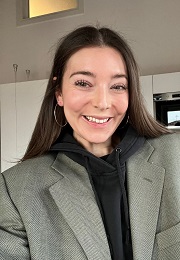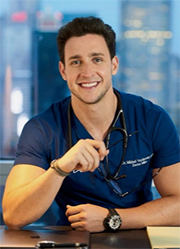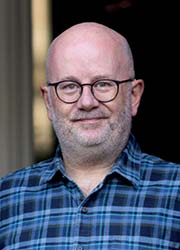
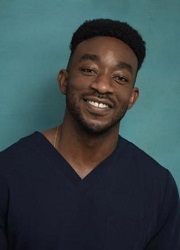
GP Lives: From sports medicine to TV
Dr Kirsty Alexander on how her dual interest has kept her content
When you learn about the circuitous route that Dr Kirsty Alexander took to become a GP, it is perhaps not surprising that she doesn’t believe anyone should jump straight into medicine at the age of 18.
Now aged 62 and a GP in Bristol, she was almost 30 with a small baby in tow when she started a pre-med course. Before that she had done anthropology and economics, worked in business and had plans to work for the World Bank.
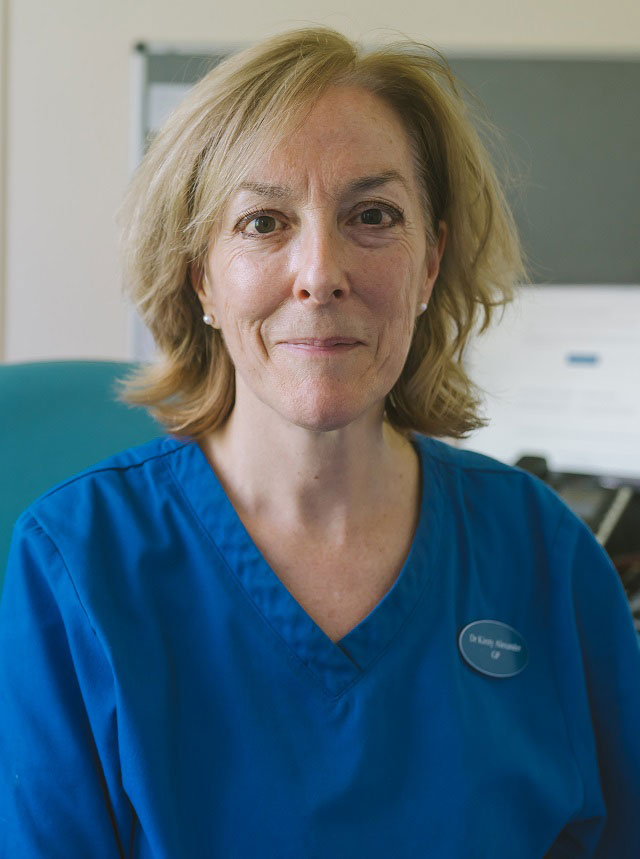
After spending some time in Ethiopia, public health and primary care attracted her interest. First training as a nurse in London, thinking that would give her enough health background, she realised it wasn’t a great fit but she enjoyed clinical work. Then having got married to her husband David who she met through Save The Children they opted to stay in the UK and she decided to do a medical degree at Bristol University – one of the few at the time who would accept mature students.
Juggling all this with small children (baby number two arrived during medical school), sounds almost impossible at a time before the European Working Time Directive. She does look back with some guilt, feeling that she dragged the children through the process with her.
But she “absolutely loved” being a junior doctor. “I loved all the specialties, it didn't matter what I was doing. I could have spent my entire career being a junior doctor,” she notes. It was at this time she realised she was a generalist at heart “interested in whole people or families or communities”.
“I didn't consider medicine at all on leaving school but I happen to find it works with my particular skill set. I like people. I love the science. I love the clinical stuff. I love the practicality,” she says.
She qualified as a GP before moving on to public health training, which she recalls not really enjoying. “You weren't allowed to open an envelope unsupervised. I was in my 40s and I was used to getting on and doing things. I'd set up banks and insurance companies and worked with 2000 orphans in a refugee camp.”
Once working as a public health consultant, she also kept up her clinical work “much to the chagrin of my director”, because it felt grounding.
By 2012 when public health moved back into local authority control, it was time for a change and “as a practical clinician at heart” she joined a practice in a very deprived area of Bristol. A two-day a week CCG role as a Locality Chair and also the children and families clinical lead meant she could keep using her public health skills.
"Public health is important because we're all a product of our environments from childhood. But from the politicians’ point of view, they're not that interested, because it takes 20 or 30 years to see the benefit."
Her CCG role has recently come to an end but with the out of hours she’s always done plus her GP trainer and appraiser roles and position on RCGP Council, it will still mean working 40 plus hours a week. She also now has a granddaughter to factor in.
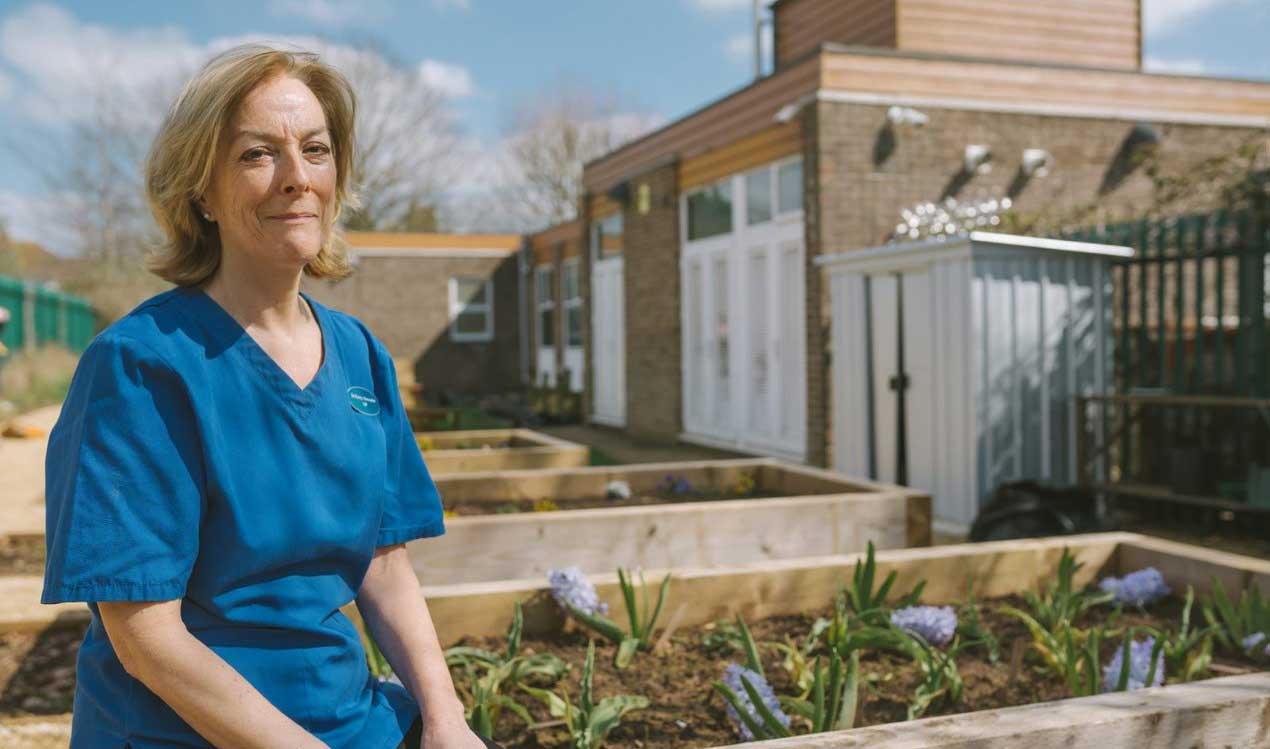
Her practice is merging with another after struggling to recruit GPs but also seeing the benefits in being able to work at scale and offer continuity. She has noted that since the pandemic, the mental health burden of her patients has increased. With the pressure on general practice as bad as it is currently, the focus should be on relationships, she says.
“We hold people at the difficult times in their lives. I think that is the best value to society because in countries where they don't have that, you just get transactional medicine, which is what we're starting to have.”
Read more
Thank you for your feedback. Your response will help improve this page.
